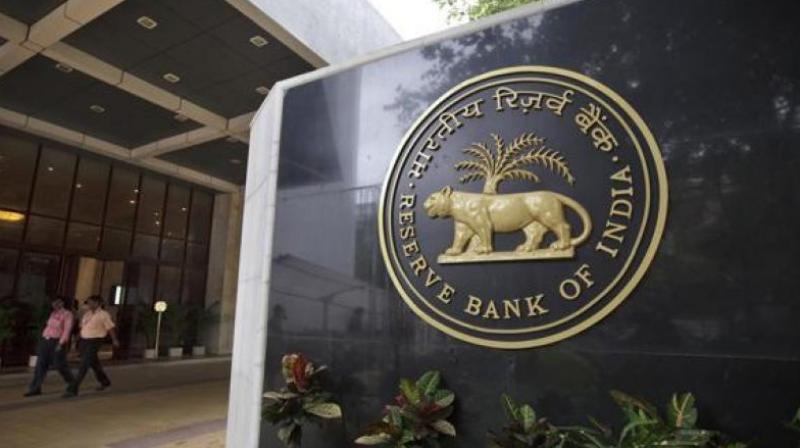IMF suggests RBI to tighten policy further
Despite rise in crude prices, macro outlook.

New Delhi: In a sign that indicates interest rates for home loans, auto loans and corporates could rise in coming days, IMF said on Wednesday that RBI will have to tighten monetary policy to tackle inflation, mainly due to rising crude oil prices.
“The RBI will need to gradually tighten policy further, in response to inflation pressures, which will help to build monetary policy credibility,” said IMF in a report.
The report comes within days of the RBI raising benchmark short term lending rate by 25 basis points to 6.5 per cent citing inflationary concerns. It was the second such hike in a row.
“While India has been one of the fastest-growing large economies in recent decades, investment growth has been comparatively modest and formal job growth insufficient. This creates challenges for creating jobs for a young and growing population and sustaining inclusive growth,” said IMF.
IMF said that average inflation is likely to rise to 5.2 per cent in 2018/19 from a 17-year low of 3.6 per cent in the previous fiscal year as demand conditions tighten, along with the recent depreciation of the rupee and higher oil prices, housing rent allowances, and agricultural minimum support prices. It also forecast India’s economy could grow at 7.3 per cent in the current fiscal year and 7.5 per cent in 2019-20, on stren-gthening investment and private consumption.
The current account deficit is projected to widen further to 2.6 per cent of GDP on rising oil prices and strong demand for imports, offset by a slight increase in remittances.
IMF said that important steps have been taken to improve the recognition of NPAs and recapitalise public sector banks, but more needs to be done.
The lender said that continued fiscal consolidation is needed to lower elevated public debt levels, supported by simplifying and streamlining the GST structure. It emphasised the need to reach this year’s budget target and to take corrective actions if required.
IMF underlined that high foreign reserve buffers and strong FDI inflows have helped contain external vulnerabilities. “Risks to the outlook are tilted to the downside. Key external risks higher global oil prices and tighter global financial conditions have grown in recent months, placing a premium on prudent policies,” it said.

